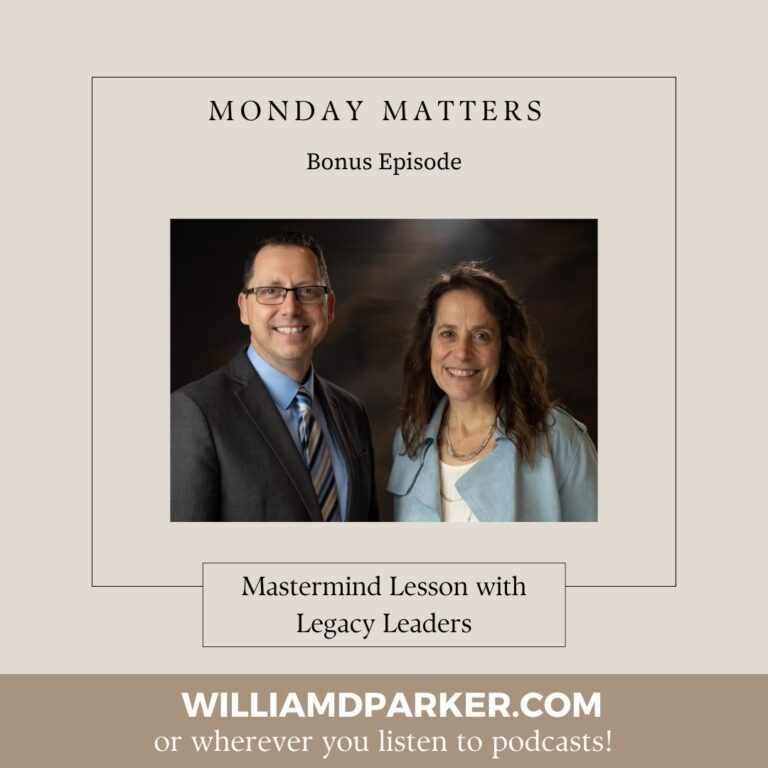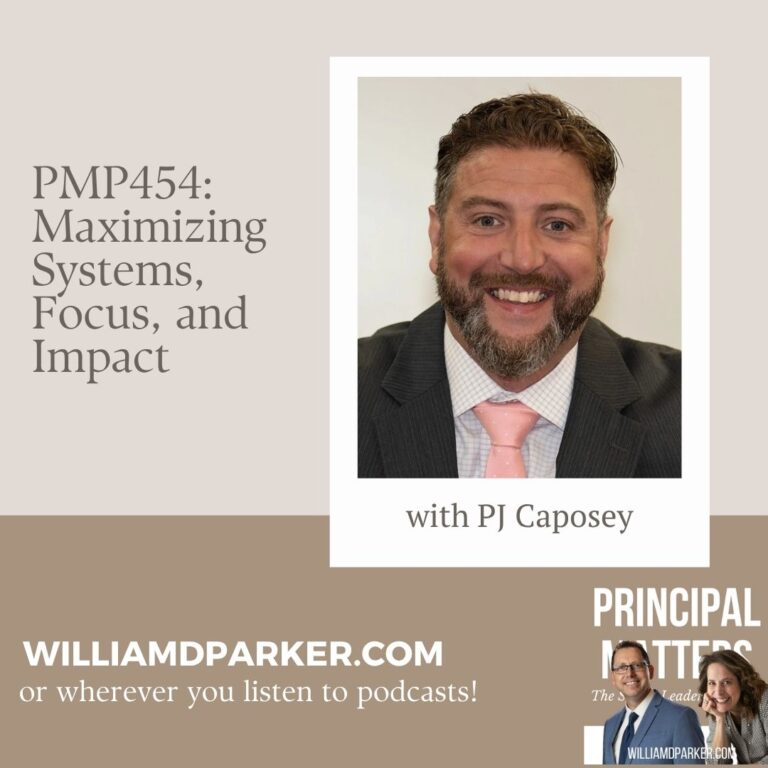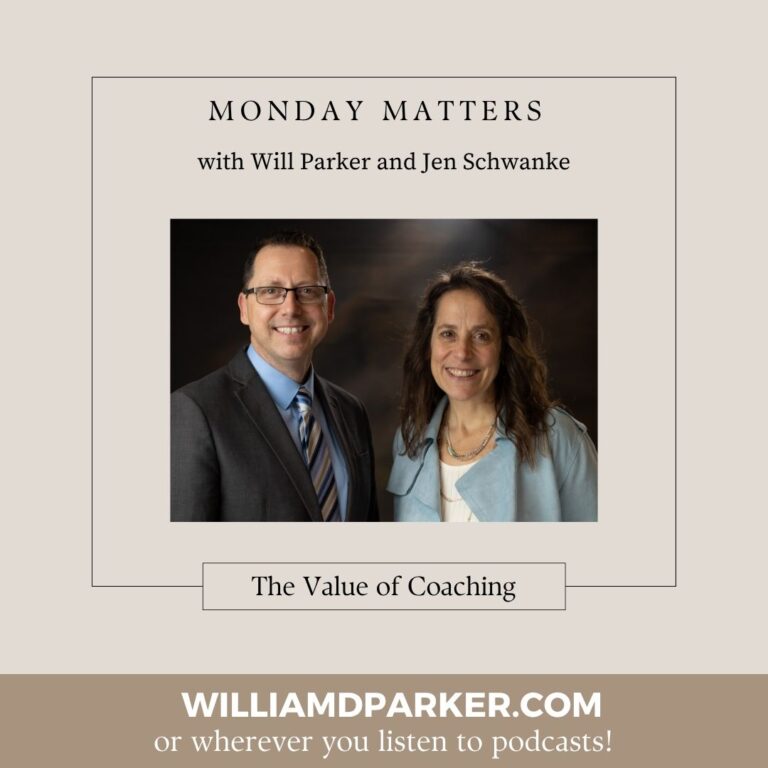Podcast: Play in new window | Download
This week Will Parker and Jen Schwanke are answering questions from listeners:
Q1: “Administrators doing double duty as teachers”:
“I was listening to your podcast this morning and cried a good part of my drive to school today. My director (principal) and I will very likely be in classrooms full day this year due to the fact that we are short multiple teachers and cloning hasn’t been invented yet. We are short 3 classroom positions, a specials position, and a special ed position. We are both overwhelmed and sad yet happy for the opportunity to create community and connect with kids. I thought I’d email and ask what you’d suggest we do about our ‘office with a window’ jobs, coaching teachers, discipline, attendance follow up, family and team meetings, and all the other things we aren’t going to be able to handle while we are with kids each day. I guess I am just looking for both encouragement and advice. What would you do? Who would you tap for what? How do we re-prioritize the things we do beyond “kids first”? Thanks for being willing to share your expertise…we appreciate it.”
-Teresa Brown, Director of Student Support, Academy for Advanced and Creative Learning, Colorado Springs, Colorado
Will’s response:
- Jimmy Casas, a fellow ed leader and friend, likes to say the most important words a leader can ever communicate is: “I need your help.”
- This goes for communicating with parents, community members, board members, students and anyone else who cares about the outcomes of your school. Asking directly for others to help keeps them aware of the need and can help create solutions in times of crisis.
- Don’t be afraid to pull together a circle of staff whom you trust and brainstorm together what tasks you have in front of you. Sometimes just sharing out loud and making a shared list provides a sense of control when there are so many factors out of your control.
Jen’s response:
- Think outside the box. Are there any seismic changes that could be made to this listener’s day, school, or world? Could you adjust time for teachers and staff? Flex time, comp time, an adjusted day? Shut down one afternoon a day to have meetings?
- Utilize your community. How are you recruiting the members of your community in the hiring process? Parent volunteers are one way to get through staff shortages.
- Communicating with parents and staff in a positive way that the teacher shortage is affecting student instruction.
- Understanding the problem and the current solution creates an easy path towards a new solution.
Q2: “Development in schools”:
“I heard your 2 podcast [episodes] for first year principals. That is me. You discussed reading Dr. Wong’s book yearly. I love that book and it is driving my school PD this year. Our school is in major need for setting procedures and better class management. Just curious about any other tips or advice you have about using Dr. Wong’s material. What were key procedures you established? Trying to develop a vision for our school, so any help with that could go a long way…”
-Alex Short, St. Rose of Lima Catholic Church, De Soto, Missouri
Will’s reply:
- If you are using Dr. Wong’s book for staff development, one suggestion would be dividing sections up among staff members and asking them to help summarize takeaways that would be helpful in their classrooms and for others. Allow time for feedback from experienced staff.
- If you do not have teachers with that kind of experience, think about taking a team of teachers to tour another school that does have those strong practices and come back with ideas to discuss and report together.
- The same suggestion goes for developing a shared vision. This requires asking for feedback from all stakeholders, really listening and then reaching consensus on where you all want to grow as a school community.
Jen’s reply:
- Don’t just plan for best case scenarios. Rely on instructional coaches or behavioral experts to help you be prepared for when things go south. Plan who you can reach out to if needed and who you will rely on for support when creating gameplans.
- Lean on your more developed staff to lead newer staff for PD. Ask for teachers to identify the areas that they are the strongest in to teach the rest of the staff their skills.
- Creating a vision for schools needs to take into account the perspective of all the forward-thinking stakeholders involved with the school. Use innovators and people who are really excited to take your school into the future. Take your time and really listen to the voices of those who are helping create the vision.
Now it’s your turn:
Listen in for more takeaways. What answers would you give to the questions from today’s listeners?
Some shout-outs:
- The podcast just topped an all-time record of 803,749 downloads. Thank you so much Principal Matters listeners!! We could not have gotten here without you.
- August 2, NAESP highlighted the episode Jen and I did together: PMP304: You’re The Principal, Now What? Revisited Part 1. Check out that episode if you have not already listened to it!


